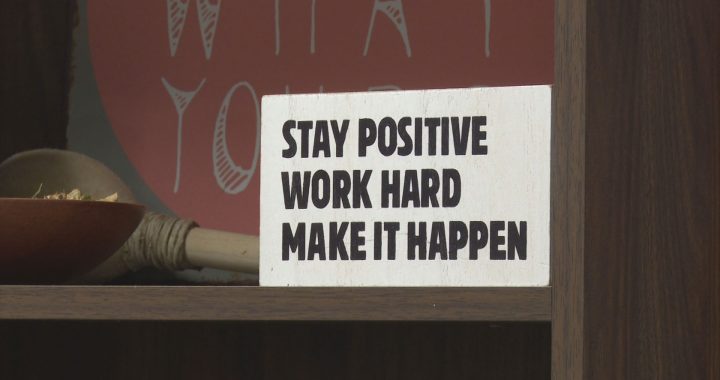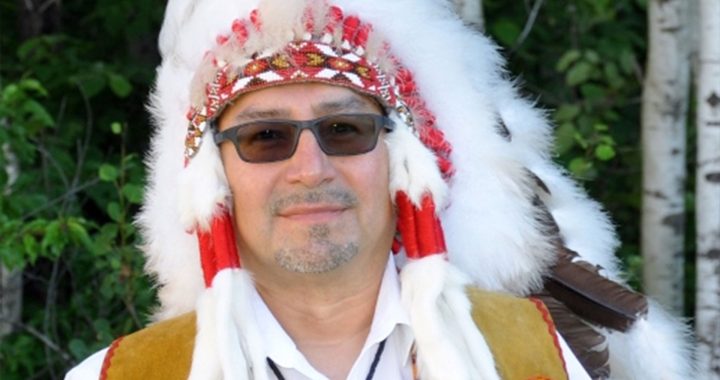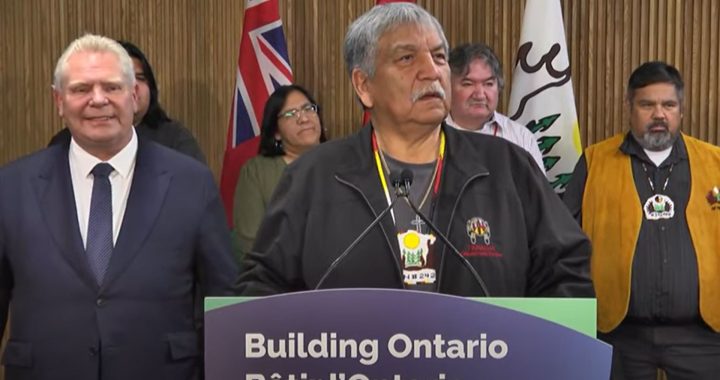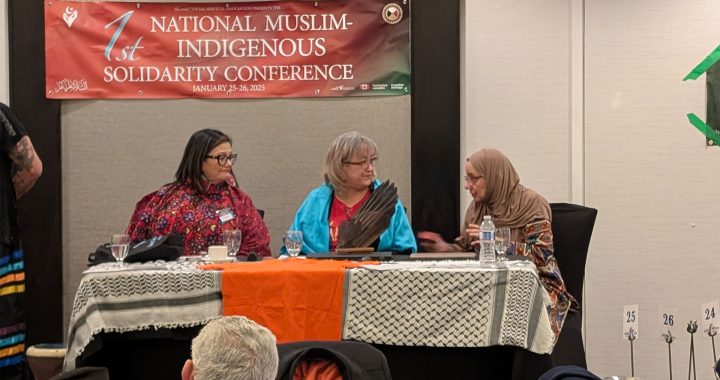APTN National News
According to a 2012 report from the Canadian Human Rights Commission, the number of human rights complaints filed by First Nations against band councils is climbing.
There were 138 human rights complaints filed against First Nation band councils in 2012, compared to 87 in 2011.
Meanwhile, complaints against the federal government dropped last year to 34 after 55 in 2011.
First Nations people weren’t allowed to file human rights complaints against their band councils under the Indian Act until 2011 and not against the federal government until 2008 when 16 were filed in the first year.
The 1977 Canadian Human Rights Act excluded matters under the Indian Act, meaning the 700,000 First Nations peoples couldn’t file a discrimination complaint.
“The sheer volume of complaints tells us that Aboriginal people are beginning to use the Canadian Human Rights Act to improve their lives by holding their own governments as well as the federal government accountable for human rights,” said David Langtry, acting chief commissioner of the Canadian Human Rights Commission (CHRC) in a statement. “This is an encouraging and important outcome.”
Complaints are screened by CHRC and most are resolved through dispute resolution processes, such as mediation. If mediation doesn’t work the case is sent to the Canadian Human Rights Tribunal for hearings.
According to the report many of the complaints against the federal government allege inequitable federal funding for services delivered on-reserve. Complaints allege the funding system is discriminatory when compared to provincial and territorial funding for the same services off-reserve. These services include things such as education, policing and child welfare.
The first test of alleged underfunding is happening in Ottawa with a complaint against the federal government by the Assembly of First Nations and Cindy Blackstock, executive director of the First Nations Child and Family Caring Society of Canada.
The complaint was filed in 2008 and is just now entering the tribunal stage. Hearings began in February and continue in April. It’s expected to last 14 weeks. Just last week the federal government lost another attempt to shut the hearings down.
Complaints against bands involve issues such as housing on reserves and eligibility to vote in council elections.











In a way this is good, It will teach our first nations that have troubles with their chief and councils over social politics. it opens the road to fairness and more equality. it brings out the transparency that is much needed… now… how about we do something about over paying salaries,, lol
Not a very good report on the headline it seemed to turn against the federal government real fast. I wanted to read about how band councils being the abusers.
Right on! Also the non-status decendents of band members should be included as band members, they have a right to decide on the future of their tribe too.
how many are legitimate claims?